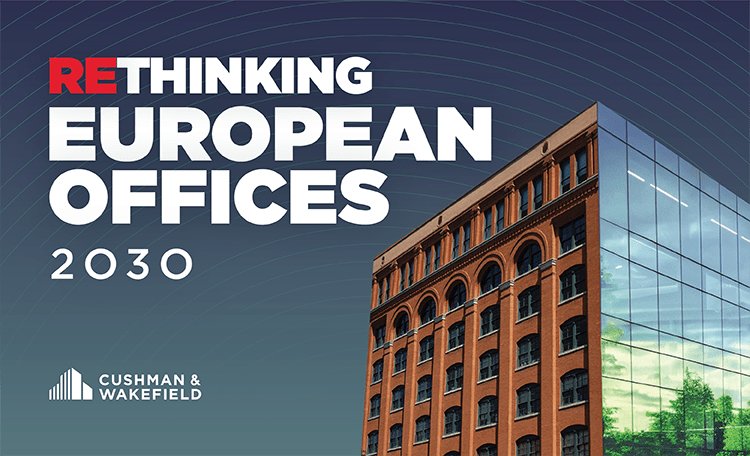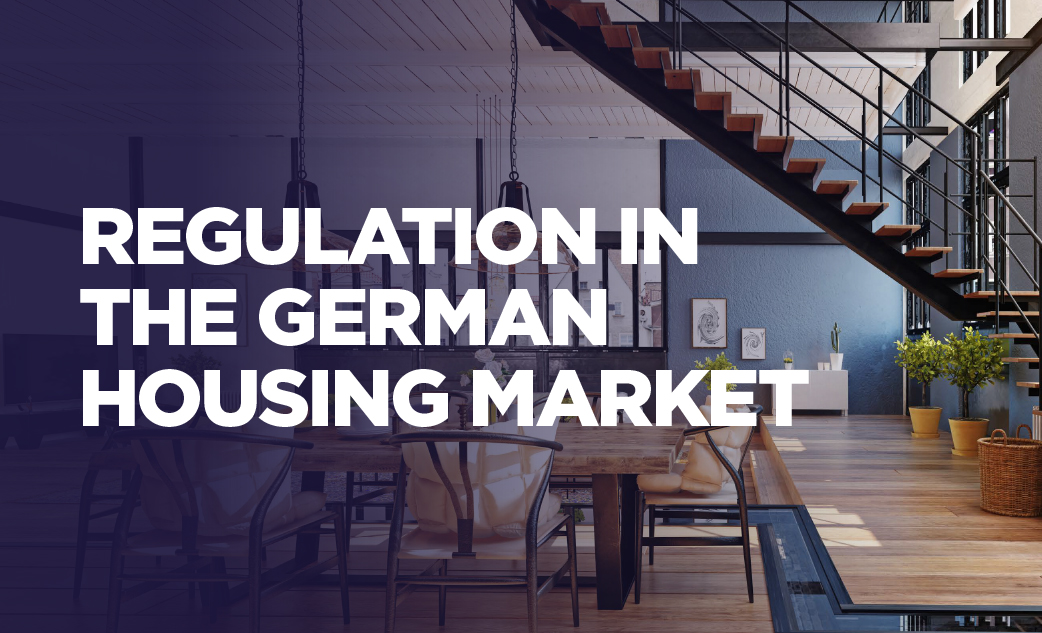With a transaction volume of around €19.7 billion in 2020, German institutional residential real estate investment is increasingly establishing itself as the country’s most favoured real estate investment category. But what exactly are the drivers of domestic and international institutional real estate investors activity? What are the major potential risks and challenges for this market? Via a survey of 150 investors and property developers, Cushman & Wakefield's Residential Advisory Team, led by Jan-Bastian Knod and Markus Elmer, has gathered answers to precisely these questions.
Investment focus on top-7 and B-cities
Investors cite the German top-7 cities (70%) and B-cities (67%) as the investment focus of their real estate strategy in almost equal proportions. B-cities such as Dresden, Leipzig and Nuremberg are almost on a par with Germany's largest cities. C and D cities and towns, which play a smaller economic role nationally, are less of a focus at 42 % and 20 % respectively. Investors also prefer to look for student housing projects in top-7 cities and B cities (together 84 %), whereas senior housing is of interest across a broad spectrum; in top-7 cities as well as in B, C and D locations.
Real estate sellers achieve their goals, buyers less so
Those who currently want to buy real estate have to search for a long time. Almost 40% of (potential) investors have not achieved their acquisition targets in the last 12 months. On the other hand, those who have properties to sell can always find buyers. 71 % of the market participants wishing to sell have reached or even exceeded their sales targets. Even the Covid-19 pandemic has hardly affected acquisition or sales targets. Therefore, investors are expected to exert great investment pressure in the coming months.
Unanimous opinion: Residential real estate is attractive and getting more expensive
Residential real estate has proven to be extremely resilient and crisis-proof over the past 12 months. Almost all survey participants agree with the statements that the asset class has become very attractive (93% agreement), competition has increased (91% agreement) and asking prices have risen (93% agreement). In addition, the majority of investors state that the availability of equity and debt capital has hardly declined in the past 12 months. The majority of investors expect a positive rental price trend for new buildings as well as existing stock in the top-7 and secondary locations over the next 5 years. Important influencing factors in a 5-year perspective are considered to be increasing regulation, general acceptance of working from home and the demographic shift. Only regarding Covid-19 are investors optimistic – they believe this will not be a permanent influence over the next 5 years.






